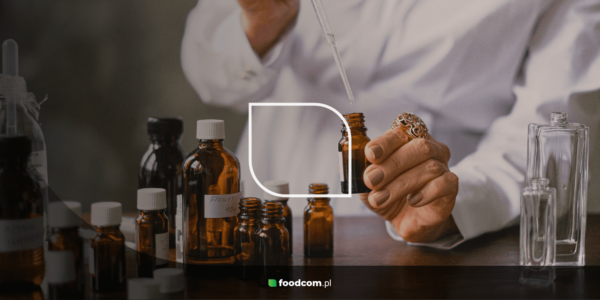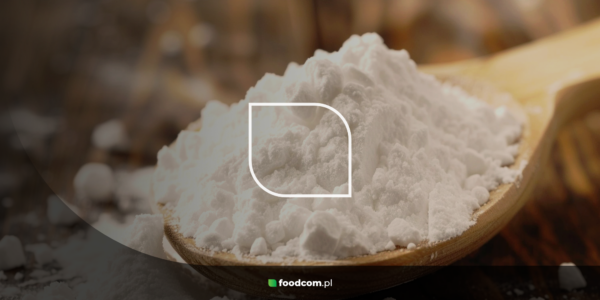Propyl p-hydroxybenzoate (E216) – what is it?
Propyl p-hydroxybenzoate, also known as propylparaben and designated as E216, is a chemical compound in the paraben group. This substance is widely used as a preservative in the cosmetic, pharmaceutical and food industries. Thanks to its antibacterial and antifungal properties, E216 effectively prolongs the shelf life of products by preventing the growth of unwanted microorganisms.
E216 is chemically synthesized and considered safe in certain concentrations by most health organizations around the world, including the European Food Safety Authority (EFSA). However, there is some controversy surrounding its use due to potential estrogen-like effects and health impacts.
Properties of propyl P-hydroxybenzoate
E216 has a strong preservative effect, making it an effective agent in preventing product spoilage. It is stable over a wide pH range, allowing it to be used in a variety of products. In addition, propylparaben is soluble in alcohols and some other organic solvents, increasing its use.
Uses of propyl P-hydroxybenzoate
E216 is mainly used as a preservative in the food, cosmetic and pharmaceutical industries. In food, it is added to products such as jams, desserts, soft drinks and dairy products to prevent spoilage. In cosmetics, it is used in creams, shampoos and other personal care products. In pharmaceuticals, it protects drugs and health products from microbial contamination.
Where to buy propyl P-hydroxybenzoate?
E216 can be purchased mainly through chemical raw material suppliers specializing in the sale of ingredients for the food, cosmetic and pharmaceutical industries. The product is available to both companies and individual customers, often in powder or solution form. The ability to purchase online makes this preservative easily accessible.
Propyl p-hydroxybenzoate and its functions in food
In the food industry, E216 plays a key role in keeping products fresh and safe. As a preservative, it prevents the growth of bacteria, yeast and mold that could lead to rapid food spoilage and the formation of toxins. As a result, products can be stored for longer periods of time without loss of quality or safety for consumers. The use of E216 is regulated by regulations that set maximum permissible concentrations of the substance in various product categories, ensuring the protection of consumer health.





